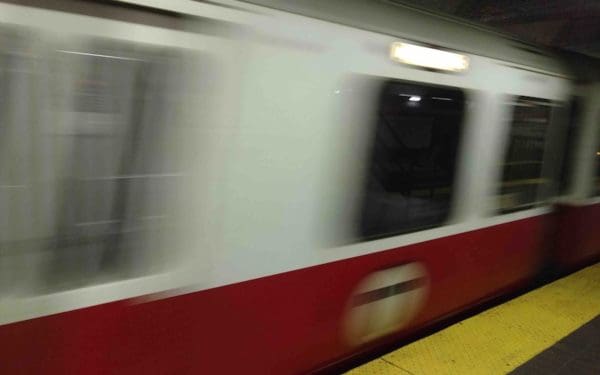A New Market Brings Choice to a Boston Neighborhood
Nubian Markets brings fresh, healthy produce to Nubian Square. It was funded in part by CLF’s Healthy Retail and Commerce Fund.
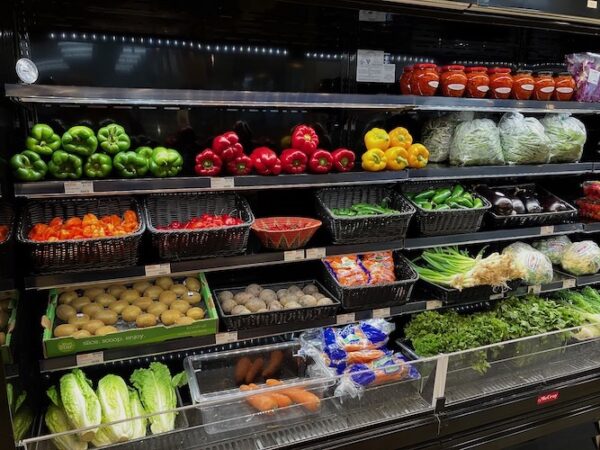
Nubian Markets brings fresh, healthy produce to Nubian Square. It was funded in part by CLF’s Healthy Retail and Commerce Fund.

When combined with traditional local agriculture, urban agriculture provides a unique opportunity to build and strengthen a robust local food system. This is especially true here in New England, where interest in local food is booming, but easy and affordable access to it is still limited, especially for low-income urban residents.
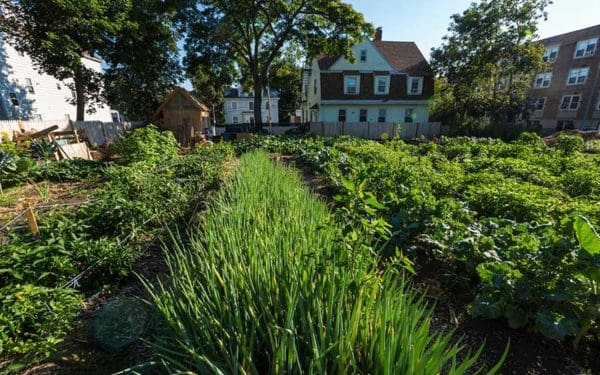
The heart of environmental justice is ensuring that we all have equal access to power when it comes to decisions that directly affect our lives. CLF connected with two of our Massachusetts-based partners to talk about their vision for a community where residents feel empowered to shape the future, and what it would mean for environmental and climate protections to be just.
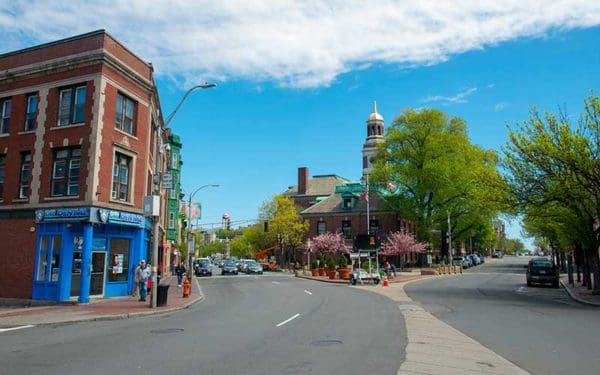
For decades, low-income, immigrant, and communities of color across New England have been overburdened by air pollution from power plants, congested highways, and industrial facilities. CLF connected with two of our Massachusetts-based partners to discuss what needs to change to relieve these burdens and how racism contributes to environmental justice inequities.
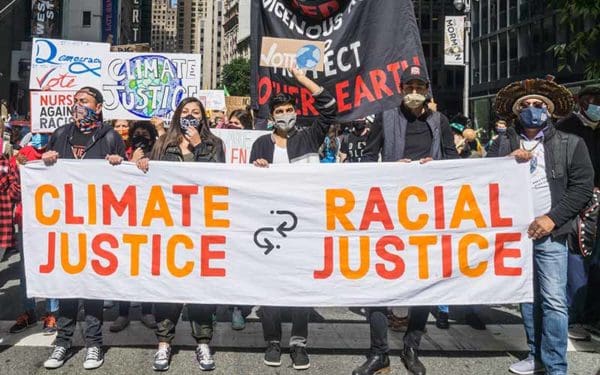
Environmental justice requires reversing and repairing the impacts of decades of environmental racism. Residents of environmental justice communities are the most likely to bear the burdens polluting industries and infrastructure, while having to fight for their share of resources we all need — healthy homes, schools, transit, food, and open space.
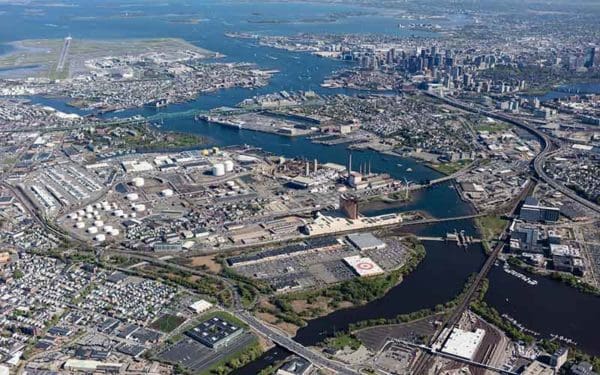
For decades, low income, immigrant, and communities of color across the Commonwealth have disproportionately born the burdens of air pollution from power plants, congested freeways, and industrial activity. After generations of disenfranchisement, what would having strong environmental justice protections mean for these communities?
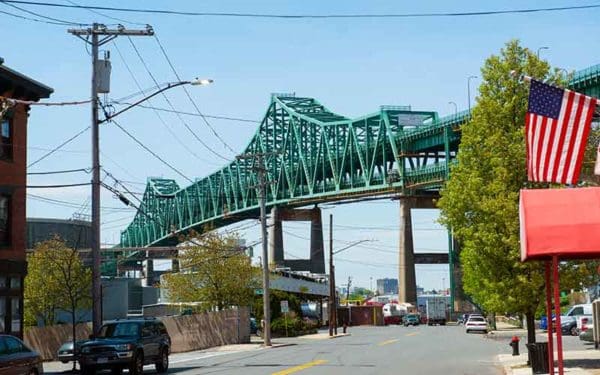
“Finally, this is the bold action we’ve been waiting for from the MBTA,” said Staci Rubin, Senior Attorney at CLF. “The region clearly needs people to ditch their cars and get onto trains before our highways turn into parking lots. Electrifying the commuter rail, especially in communities serving environmental justice populations, will go a long way in making that a reality. Fares must also be affordable for all so that riding the rails is a cheaper alternative to getting in the car.”
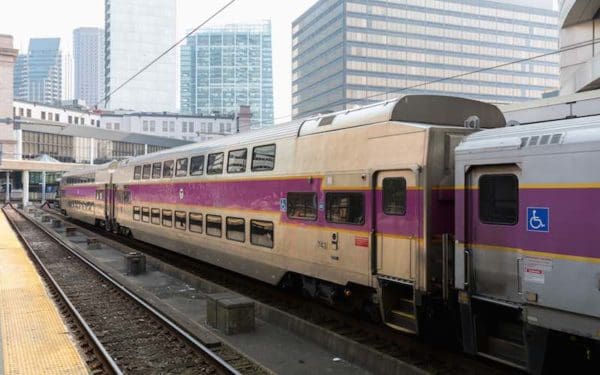
“It shouldn’t take two derailments in the span of a week to finally give the T some desperately-needed new funding and staffing,” said Staci Rubin, Senior Attorney at CLF. “The MBTA has been in a state of crisis for years, and this immediate infusion of cash will speed up improvements and should benefit train and bus riders across the board. Thousands of people rely on the T every day and it’s time riders have a safe trip they can depend on.”
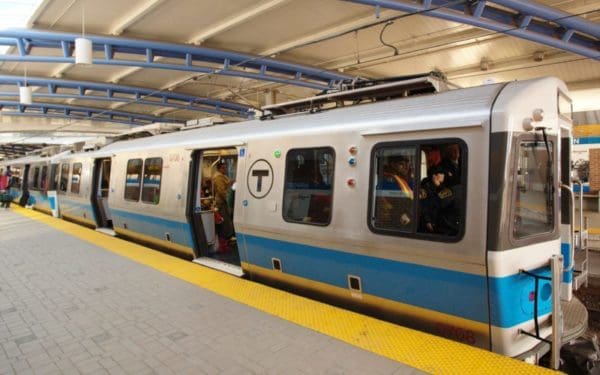
“Fare increases should be modest, predictable, and necessary,” said Staci Rubin, Senior Attorney at CLF. “Riders deserve a reliable ride to get where they need to go at a reasonable price. Any potential fare increase must be tied to service improvements, like finishing the Green Line Extension and fixing the bus system for riders who depend on it most.”
